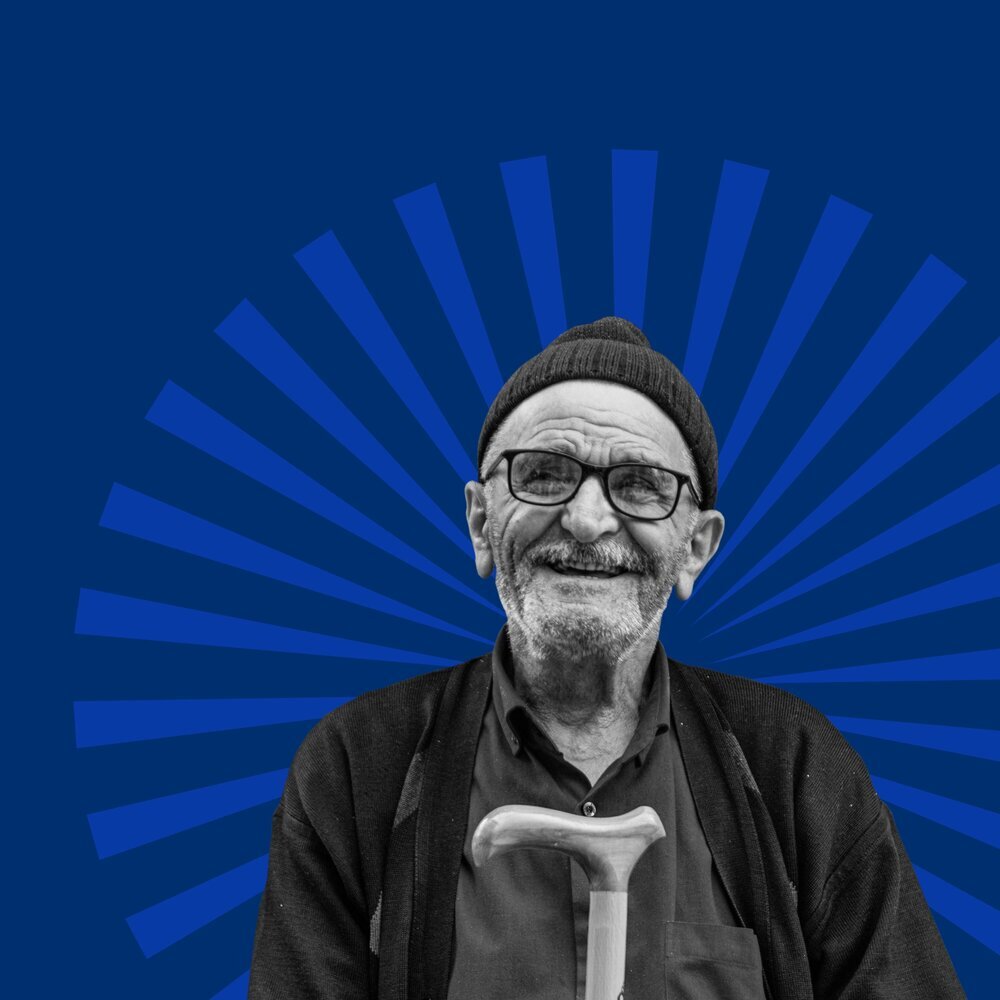When homeless people in Vancouver were given $7500 to spend as they wished, they turned their lives around
“Trust the People”, is the name of one of A/UK’s associate “future democracy” groups - and it’s also as appropriate a slogan when considering the impact of basic income experiments in society. We’re so conditioned by a puritan work ethic that the idea of people receiving benefits with no conditions, and behaving constructively with those resources, seems massively counterintuitive.
Yet as many are noting, COVID is beginning to show how much more collective security people need in their lives, when biospheric disruption knocks our fragile economic systems over. This includes a rise in approval for Universal Basic Income.
Yet it’s a long distance to travel from an opinion-poll preference to a new infrastructure. In the meantime, independent actors - foundations, entrepreneurs, renegade municipalities - are running real-time experiments with actual cash, and reporting back results (here’s our archive on that).
Picking up on a tweet from UBI advocate Rutger Bregman, we noticed this amazing Canadian experiment, from The New Leaf Project, who are explicitly inspired by Bregman’s ideas. Here’s the story from CBC:
The New Leaf project is a joint study started in 2018 by Foundations for Social Change, a Vancouver-based charitable organization, and the University of British Columbia. After giving homeless Lower Mainland residents cash payments of $7,500, researchers checked on them over a year to see how they were faring.
All 115 participants, ranging in age between 19 and 64, had been homeless for at least six months and were not struggling with serious substance use or mental health issues. Of those, 50 people were chosen at random to be given the cash, while the others formed a control group that did not receive any money.
"I had no expectations and really high hopes," said Claire Williams, CEO of Foundations for Social Change, on CBC's The Early Edition on Tuesday.
What researchers found after 12 months, she said, was "beautifully surprising."
Not only did those who received the money spend fewer days homeless than those in the control group, they had also moved into stable housing after an average of three months, compared to those in the control group, who took an average of five months.
Those who received the money also managed it well over the course of a year.
"We saw people retain over $1,000 for 12 months, which is remarkable in the Lower Mainland," said Williams.
On average, cash recipients spent 52 per cent of their money on food and rent, 15 per cent on other items such as medications and bills, and 16 per cent on clothes and transportation.
Almost 70 per cent of people who received the payments were food secure after one month. In comparison, spending on alcohol, cigarettes and drugs went down, on average, by 39 per cent.
Too often people dismiss the idea of giving homeless people money because they assume it will be mismanaged, Williams said.
"It challenges stereotypes we have here in the West about how to help people living on the margins," she said.
Ray, whose last name project researchers did not release for privacy reasons, was living in an emergency shelter before receiving money from the New Leaf project.
He said the money helped him get housing and take a computer class he needed to work toward his goal of becoming a frontline worker for people with substance addictions.
"I kind of want to give back where I've came from," said Ray. "I might one day be that important person that has a powerful voice... a seed can grow into an oak tree."
According to Williams, providing people like Ray the cash they need to get ahead also helps Canadian taxpayers.
She said it costs, on average, $55,000 annually for social and health services for one homeless individual. According to study data, the project saved the shelter system approximately $8,100 per person for a total of roughly $405,000 over one year for all 50.
"The common belief is that the status quo is cheap... in fact, it is incredibly expensive," said Williams.
More here. As some of the responders to Bregman’s tweet have noted, those selected for this experiment were, at the time of receiving it, “not struggling with serious substance use or mental health issues”. Yet as others countered, this surely means that those with such conditions would get a different pattern and method of treatment - but that the startling improvement (and overall welfare savings) of the New Leaf experiment couldn’t be denied.
Bregman’s tweet stream of the report was gathered together as a Thread Reader link, available here.

